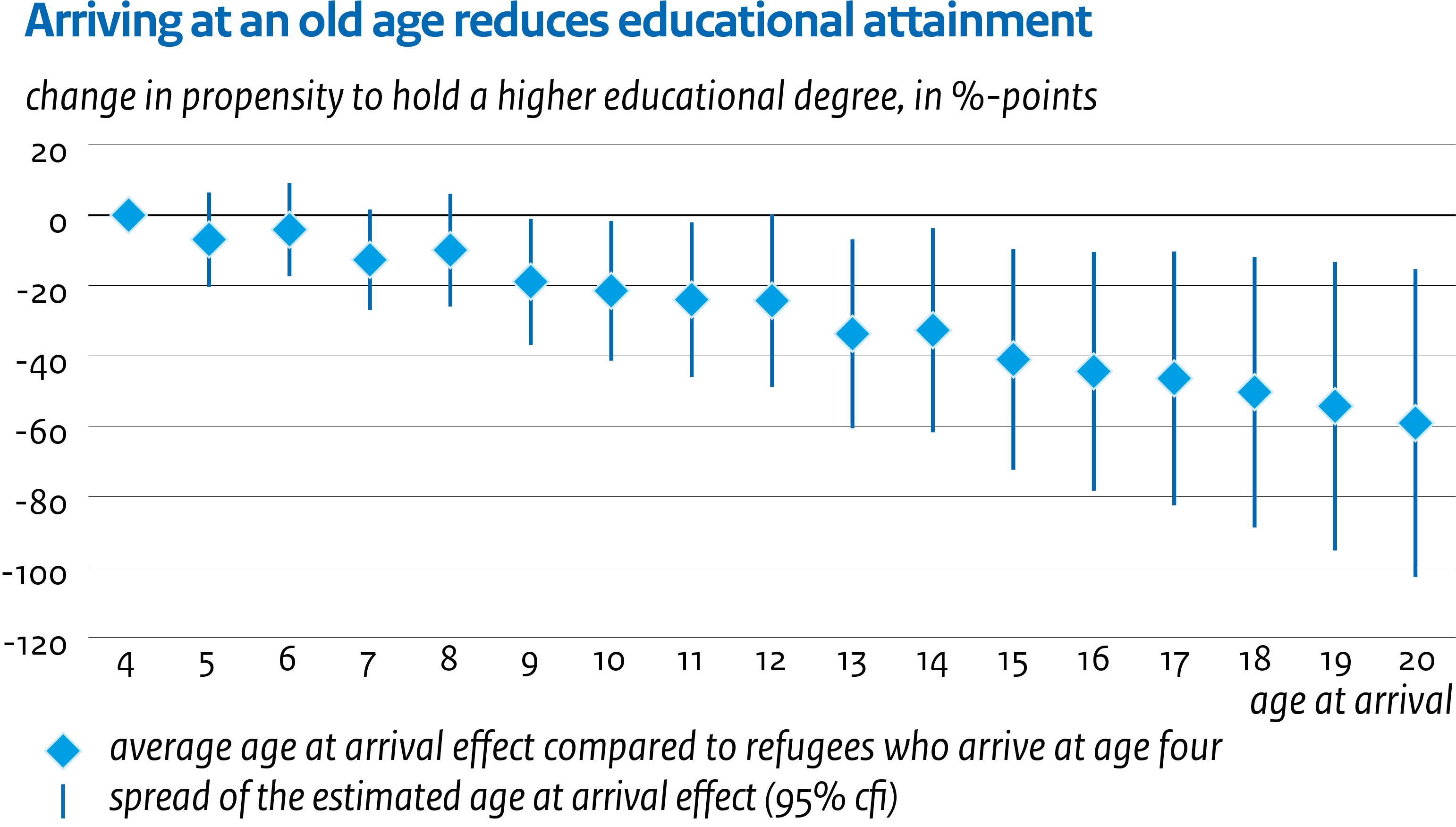Publications
Author
March 1, 2023
Predicting Firm Exits with Machine Learning: Implications for Selection into COVID-19 Support and Productivity Growth
In this paper, we use machine learning techniques to predict whether a company would have left the market in a world without corona. These predictions show that unhealthy companies applied for support less often than healthy companies. But we also show that the COVID-19 support has prevented most exits among unhealthy companies. This indicates that the corona support measures have had a negative impact on productivity growth. →

September 29, 2022
Temporal Patterns in Economics Research
February 1, 2019
The impact of age at arrival on education and mental health

February 8, 2018
Competition and pricing behavior in long term care markets: Evidence from the Market for Assistance in Daily Housekeeping Activities
Exploiting a rich data set on the Dutch market for assistance in daily housekeeping activities (ADHA), we find that larger providers obtain a higher price than do small providers. However, compared to other studies on market power in care markets this price difference is considered small to moderate. →

